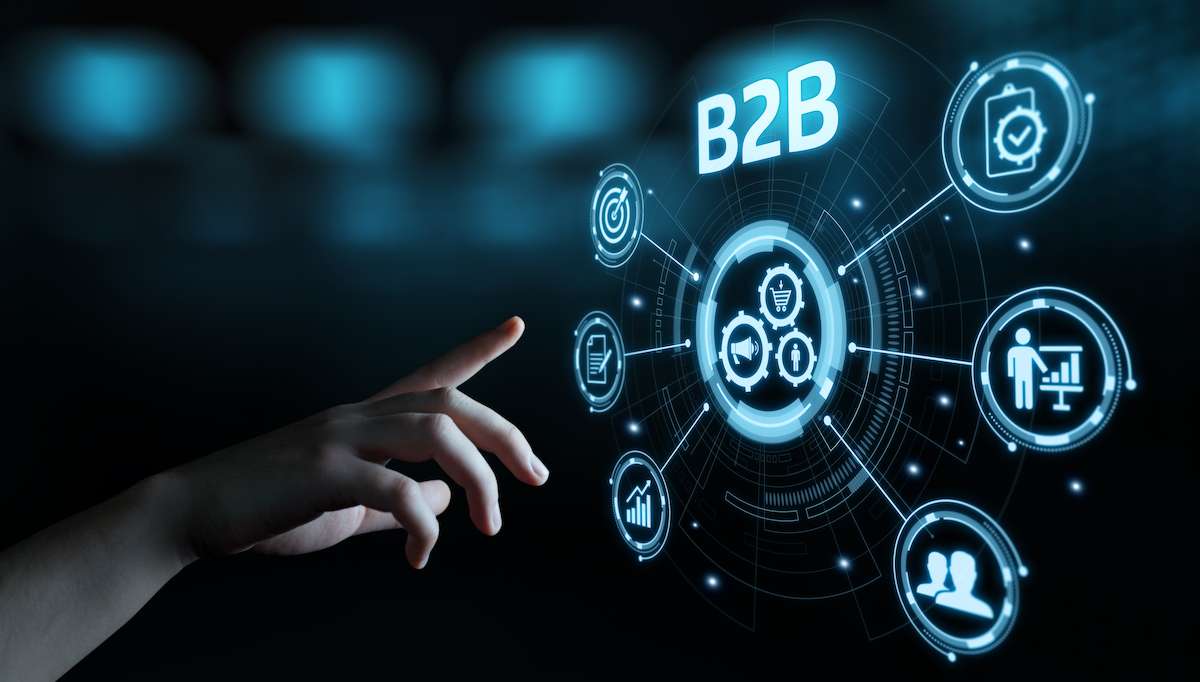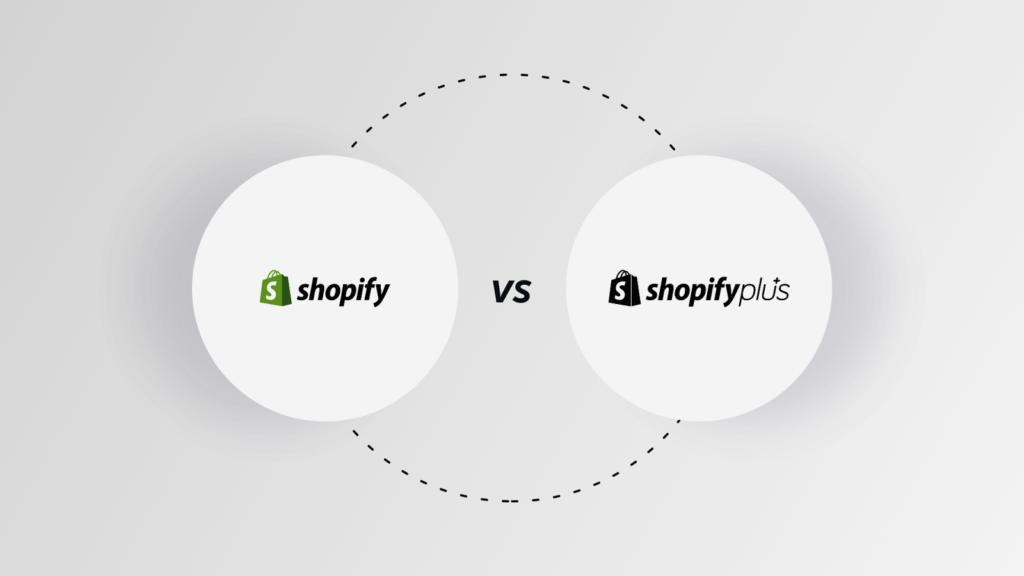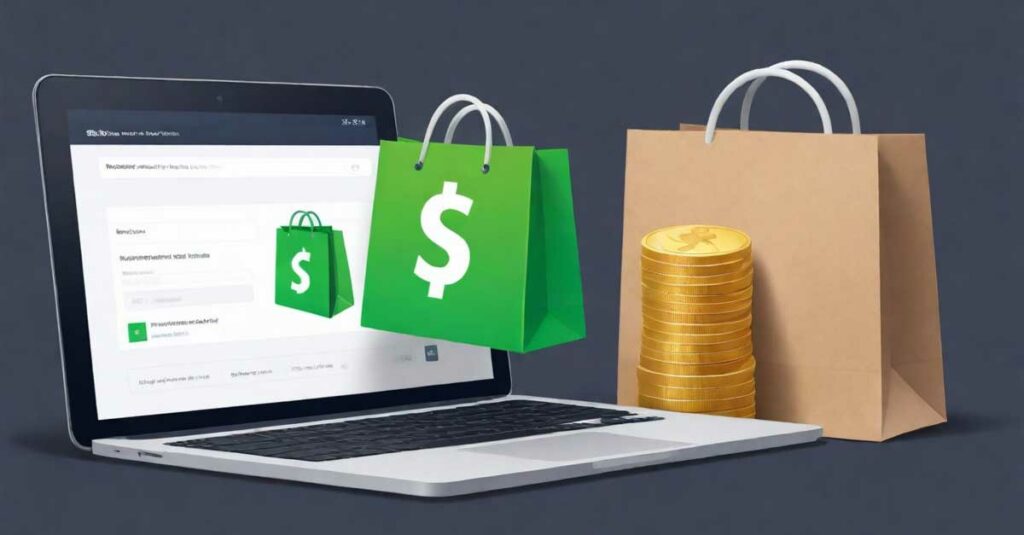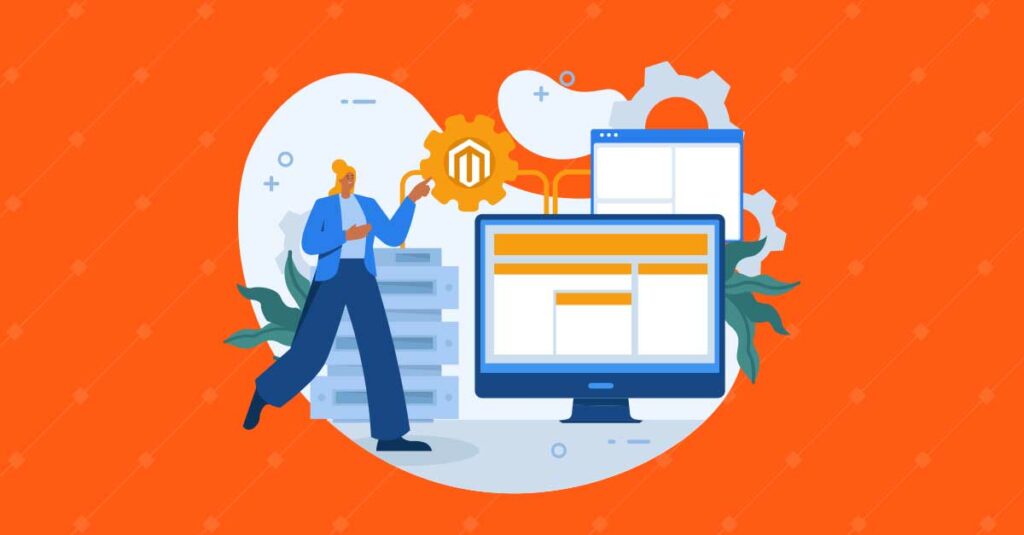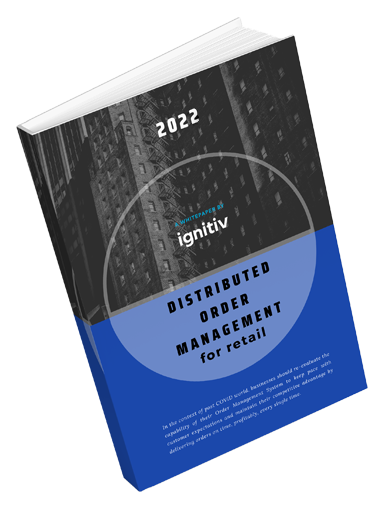B2B ecommerce personalization
Personalization matters…in B2B eCommerce, it matters even more.
The image of shopping recommendations, hyper-targeted advertisements, personalized promotions, and emails is what comes to mind whenever we speak of personalization. Research supports the fact that “75% of consumers are more likely to buy from a retailer that recognizes them by name, recommends options based on past purchases, or knows their purchase history. 79% of organizations that exceeded revenue goals have a documented personalization strategy, compared to 31 percent of those that met revenue goals and 8 percent of those that missed revenue goals”
These numbers are not specific to the B2B eCommerce context. However, there are enough statistics to prove that personalization matters and matters a great deal, in B2B eCommerce too:
- Four out of five (more than 81%) B2B buyers openly state that they want B2B companies to know them better and identify the best times to approach them – Source
- 86% of buyers want salespeople to personalize their sales material – Source
- 76% of B2B sellers agree that prospects are more appreciative when deals and documents are personalized – Source
- 77% of consumers have chosen, recommended, or even paid more for a brand that provides a personalized service or experience – Source
The push towards personalization in B2B eCommerce is becoming stronger also because of the rise of the experience economy. With the B2B buyer well-versed with elevated customer experiences from her everyday life, business success and profitability become inextricably linked with customer experience. And what is customer experience without personalization? If it’s not personalized there simply cannot be any customer experience.
Why else does personalization matter in B2B eCommerce?
Changing buyer demographic
The B2B buyer is now technologically sophisticated and well versed with what digital interactions look like. Statistics reveal that half the B2B buyers are millennials who want optimized, personalized, and contextual digital experiences. 59% of B2B buyers are millennials with 30% being lead buyers for their organizations. This generation that grew up wielding smartphones and social media is reshaping the buying process demanding it be more contextual, convenient, and personalized.
Complex product portfolios
B2B buying is a research-intensive process because of large and complex product portfolios and the need to address different kinds of objections along the buyer journey. Product evolution has also become fairly common leading product specifications to shift all the time. As complexities in the buying narrative increase, elements like navigational personalization become important to help people find exactly the things they need and the right information required at that specific stage of the buyer journey.
The more complex the product portfolio becomes, the more important it is to make sure that people be able to find what they are looking for easily. Making products more searchable, employing powerful Product Information Management solutions, and making sure that buyers get predictive recommendations based on their buying history becomes essential. That’s personalization, isn’t it?
The 5 B2C eCommerce Strategies B2B Companies can (and must) Adopt
From complex pricing to price personalization
Complex product portfolios also mean complex product pricing in the B2B narrative. B2B eCommerce companies need personalization to create competitive differentiation by enabling price personalization.
Price personalization cannot be based on guesswork. It needs an understanding of customer behaviors, needs, price elasticity, and organizational price sensitivity. B2b organizations have to develop the capability to offer personalization in pricing such as offering discounted pricing for higher quantities, providing recurring delivery of services, providing special pricing, etc.
The customization conundrum
The Salesforce State of the Connected Customer report highlights the fact that 84% of consumers want to be treated as an individual, not as “just another customer”.
Customer expectations from B2B companies are changing especially as technological evolution influences customer experience heavily. However, it is only when organizations can offer proper personalization that they can capably drive real-time offers and offer real-time price and product customizations based on their understanding of customer behaviors.
Organizations can drive customizations based on collected data about customer engagement with the website, the device choice, the social media interaction with the brand, and all other relevant touchpoints. Improving their personalization capabilities by integrating information across all the relevant customer touchpoints, organizations can provide customized real-time options to increase customer loyalty and to seal the deal.
Driving frictionless digital experiences
The B2B customer also wants their B2B eCommerce interaction to deliver the same frictionless experience that they get from their B2C interactions. This demand directly sets the bar for an organization’s capability to drive personalization to scale.
Frictionless experience in the B2B context means smart search and organized and clear product information that helps drive the buyer journey forward. It also means optimized searchability to aid the research-intensive buying process coupled with developing capabilities to offer product and price customizations. Along with this, they need to provide transparent pricing, convert listed pricing into the home currency of the customer, and plug in localization where relevant, to make the digital experience frictionless, and consequently, bring the customer closer to the brand.
In Conclusion
We are now a year and a bit into the pandemic that refuses to go away. It is clear that for business the road ahead is digital. To build greater brand equity in this digital world, B2B eCommerce companies have to be hyper-focused on providing elevated experiences that positively influence CX. Without personalization, this cannot happen. Because of this imperative, the role of analytics in this narrative assumes strategic importance.
To drive personalization efforts organizations thus need a complete 360-degree view of the customer and deep customer insights, both operational and behavioral, to bring complete clarity to all personalization initiatives. Developing this capability will be crucial for organizations to create product and brand differentiation in a tight market and to capably engage with their customers in meaningful and productive ways.
